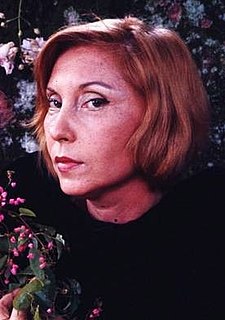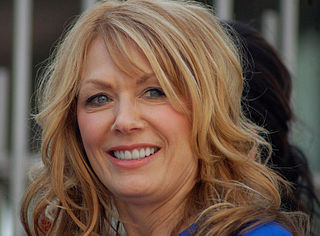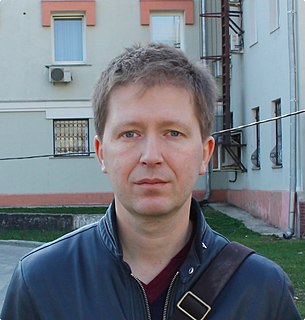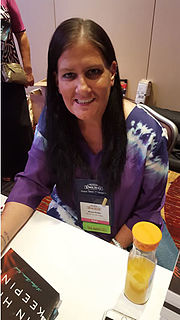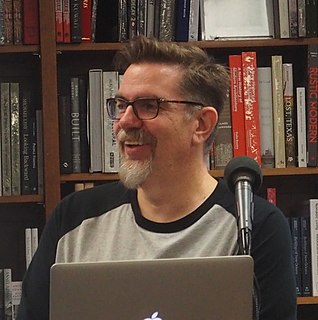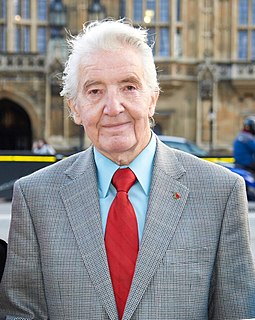A Quote by Clarice Lispector
Ela acreditava em anjo e, porque acreditava, eles existiam" | "She believed in angels, and, because she believed, they existed
Related Quotes
Jack believed in something—he believed in white witches and sleighs pulled by wolves, and in the world the trees obscured. He believed that there were better things in the woods. He believed in palaces of ice and hearts to match. Hazel had, too. Hazel had believed in woodsmen and magic shoes and swanskins and the easy magic of a compass. She had believed that because someone needing saving they were savable. She had believed in these things, but not anymore. And this is why she had to rescue Jack, even though he might not hear what she had to tell him.
She was brilliant and joyous and she believed- probably correctly- that libraries contain the answers to all things, to everything, and that if you can't find the information you seek in the library, then such information probably doesn't exist in this or any parallel universe now or ever to be known. She was thoughtful and kind and she always believed the best of everybody. She was, above all else, a master librarian and she knew where to find any book on any subject in the shortest possible time. And she was wonderfully unhinged.
One of my mentors was Patricia Schroeder, and one night she came to me on the floor and she said to me, "Why are we sitting in Congress, when a lot of women would try to do it and couldn't? Why are we here and others aren't?" And I thought back and said it was because my father believed in me and she said the same thing, she said her father believed in her and thought she could do anything.
She wanted happily ever after more than he could possibly know. She wanted forever. Problem was, she just wasn’t sure she believed in it anymore. It was why she clung to her fiction so much. She immersed herself in books because there she could be anyone and it was easy to believe in love and happily ever after
Coffee, she'd discovered, was tied to all sorts of memories, different for each person. Sunday mornings, friendly get-togethers, a favorite grandfather long since gone, the AA meeting that saved their life. Coffee meant something to people. Most found their lives were miserable without it. Coffee was a lot like love that way. And because Rachel believed in love, she believed in coffee, too.
